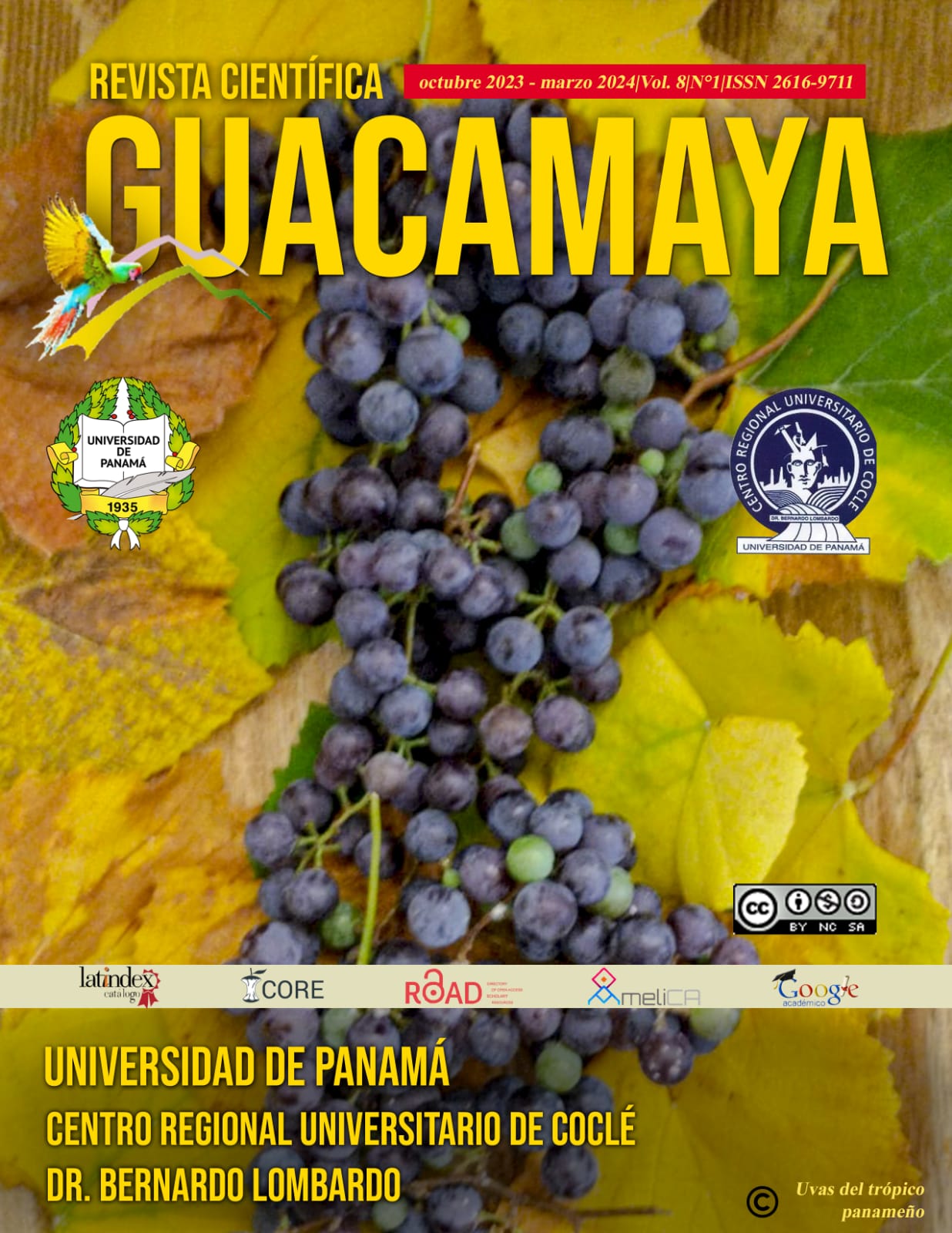

Copyright (c) 2023 Revista Científica Guacamaya

This work is licensed under a Creative Commons Attribution-NonCommercial-ShareAlike 4.0 International License.
The main historiographical facts of our country revolve around this project, which was established during the Colonial era, continued during the time of Union to Colombia, where the belligerence of some Creole economic groups began to be felt for the sake of specifying the same. As their demands are not met, this period is characterized by a count of attempts and separations; until the Republican era is finally reached where the challenges will continue with different nuances, given the conditions of the signing of the Hay Bunau Varilla Treaty; It is from this fact that the doctrine of nationalism will be established with greater force, being associated with the transit route for the sake of the recovery of the Panama Canal, boosted by the discourse of achieving full sovereignty, being the main protagonists in this crossed the popular groups. The objective of this paper is to establish, through a brief review of Panamanian historiography, the incidence of the transit route as the articulating axis of the Panamanian nationality. The methodology used consisted of a documentary review that has been contributed on the subject from different perspectives by social scientists mainly. Based on the documentation consulted, it can be concluded that nationalism arose, according to Anderson, approximately in the eighteenth century, with a view to providing meaning to the challenges to be faced by the new nation-states. Regarding Panama since the colonial era, but especially during the Departmental and Republican era, it is observed how the transit route becomes the articulating axis on which the conformation of the State - nation will revolve, at the request of commercial groups, both Creole as foreigners, who become the main beneficiaries of the function assigned to Panama.